Russia: US smuggling Syrian oil, grain amid shortage of basic goods
Russia’s deputy foreign minister says the United States is engaged in a large-scale operation to smuggle oil and grain out of Syria while people in the war-torn country are suffering from an acute shortage of basic products.
“Reports continue to come in that American convoys are trucking out oil and grain from Syria to Iraq daily. The information [we] receive suggests that 300 oil tank trucks and more than 200 cargo trucks with grain had crossed the Syrian-Iraqi border by March 23 since the beginning of the month,” Sergey Vershinin told a virtual UN Security Council briefing on the humanitarian situation in Syria on Monday.
He added that at a time when “Syrians are suffering from acute shortage of basic products, including bread and petrol, a wide stream of Syria’s smuggled natural resources is flowing from the Trans-Euphrates region controlled by the US, while Syria is simultaneously suffocated with unilateral sanctions which essentially are a form of collective punishment.”
The official said the most difficult humanitarian situation is seen in areas situated in northern Syria, which are not under the control of the Damascus government.
“Today, the overwhelming majority of Syrians, more than 90%, live below the poverty line, 60% are malnourished, and two million children have no access to education,” Vershinin added.
He said the terrorists in Idlib de-escalation zone impede civilians’ access to humanitarian aid and hamper their exodus from the region through the special corridors set up to facilitate their exit.
Western states, Vershinin added, are politicizing the issue of humanitarian assistance to Syria and toughening the sanctions against the crisis-torn country amid the COVID-19 outbreak.
Moscow “regrets and condemns” the ongoing violations by certain Western states of the spirit and the letter of United Nations Security Council Resolution 2254, which calls for a political settlement of the Syria conflict based on a commitment to the country’s sovereignty and territorial integrity as well as the goals and principles of the UN Charter.
The Russian deputy foreign minister also criticized the representatives of the United States and other Western countries for failing to mention the negative effects of unilateral sanctions on the lives of ordinary Syrians in their speeches at the UN Security Council session.
“The reaction of Washington and Brussels to the call of the UN secretary general to ease and lift unilateral sanctions amid the coronavirus pandemic was, on the contrary, to tighten, in an unprecedented way, the restrictions adopted [while] bypassing the UN Security Council, including the introduction of the infamous Caesar Act in June 2020. Unfortunately, the honorable representative of the US and other Western colleagues spoke about a lot of things in today’s speeches but for the US and EU sanctions and their dramatic negative effect on ordinary Syrians,” he said.
Syria: UN should call for end to US, Turkish occupation
Also speaking at the briefing, Syria’s permanent representative to the UN criticized the world body for failing to take the US and Turkey to task for their occupation of the Arab country.
He said it would be more useful if the Security Council demanded an end to Turkey’s military presence in Syria and support for terrorism, and likewise urged the US to stop its occupation of Syrian territories, its support for separatist militants, and plundering the Arab country’s resources.
The Syrian official complained that some states still exploit the Security Council to politicize the humanitarian work in Syria and ignore the catastrophic impacts of the sanctions imposed on the Syrian nation.
Imposing dictates, setting conditions for Syria’s reconstruction, ignoring calls for the removal of coercive restrictive measures and obstructing the return of the displaced are “all factors that do not contribute to establishing appropriate conditions to achieve a political solution and restore security and stability to Syria,” the envoy said.
He also expressed Syria’s commitment to delivering humanitarian aid to all regions, including those across the borders.
Eight Palestinians killed as Israel attacks Gaza school, hospitals
VIDEO | Rome, Milan host new protests in solidarity with Palestinians
Dec. 21: ‘Axis of Resistance’ operations against Israeli occupation
Spain jurists demand ties with Israel ties be cut
VIDEO | Press TV's news headlines
VIDEO | Iran honors top Science Olympiad medalists
VIDEO | Austrians arrested at Gaza protest in Vienna
10 killed in bus crash in western Iran



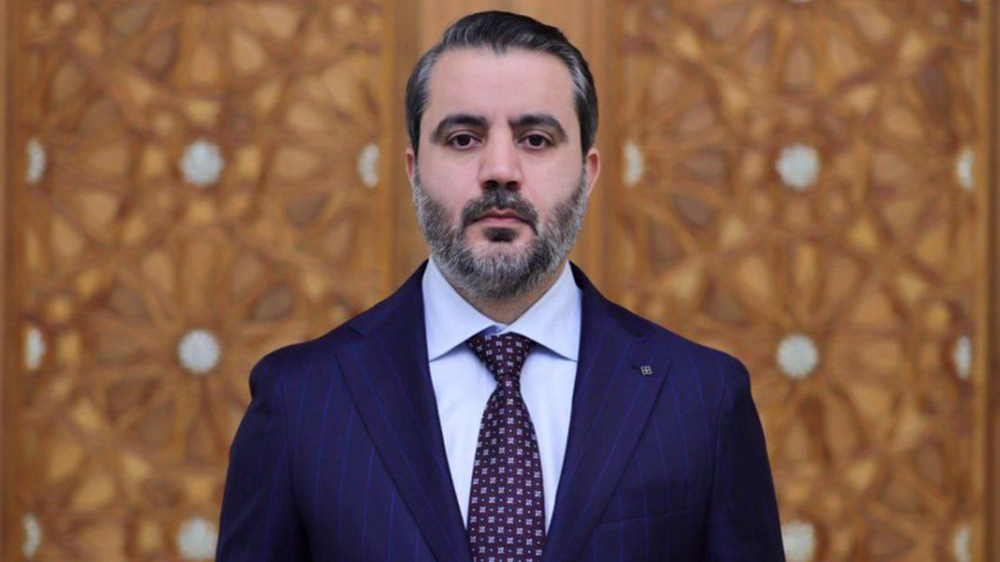

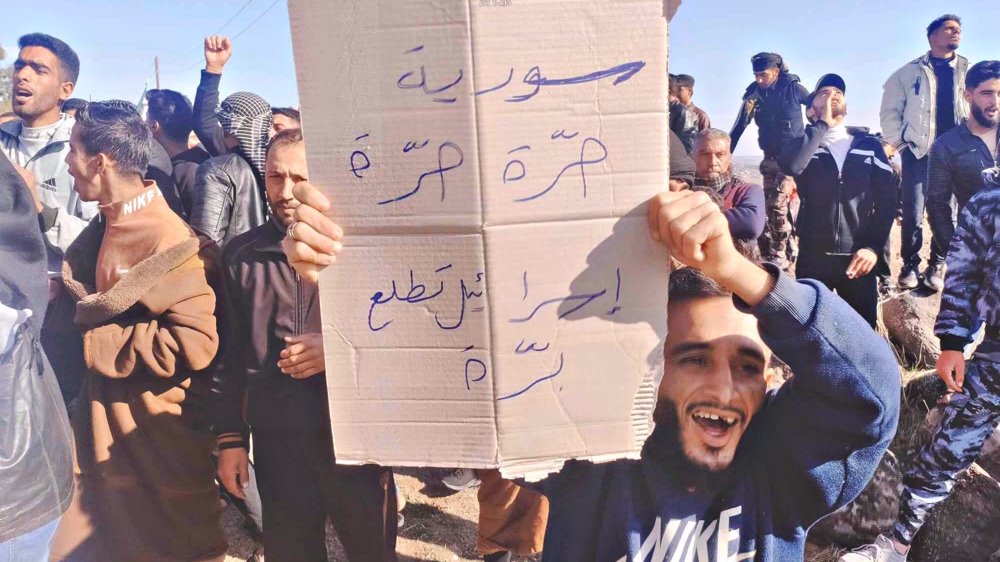



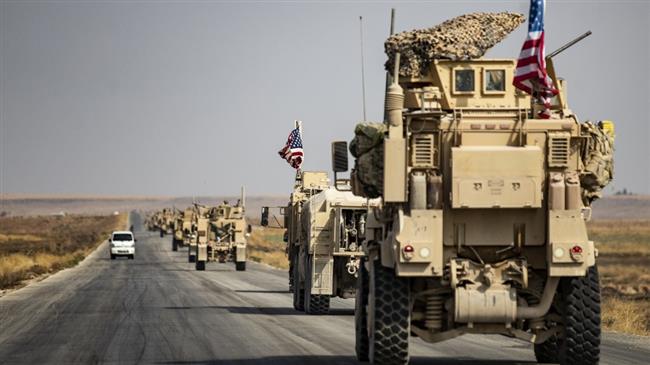
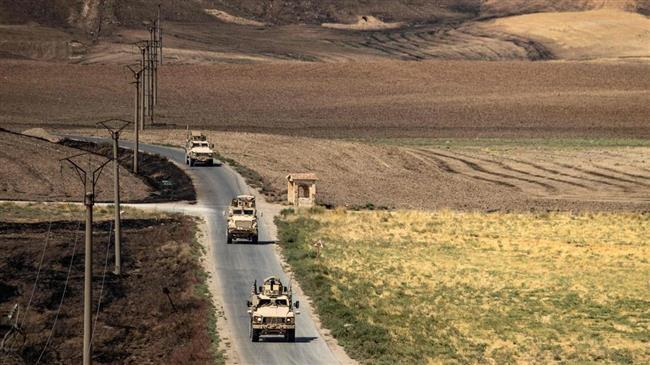
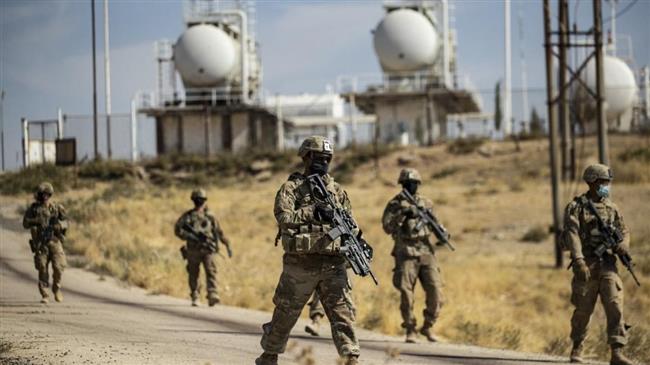
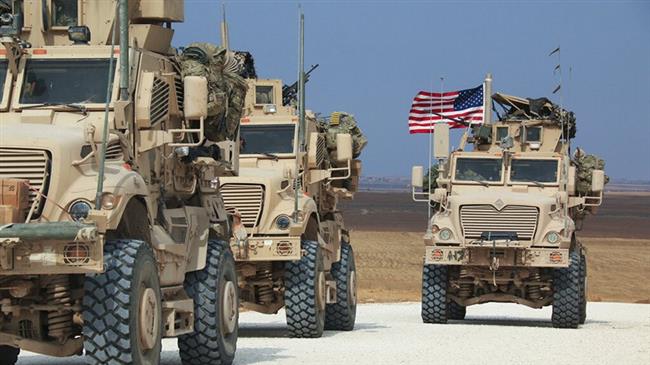
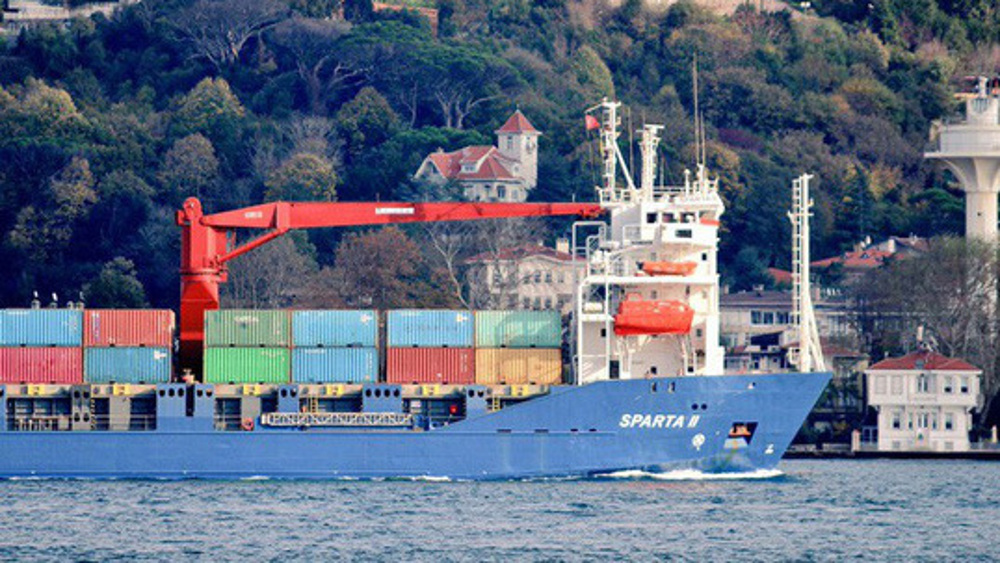

 This makes it easy to access the Press TV website
This makes it easy to access the Press TV website